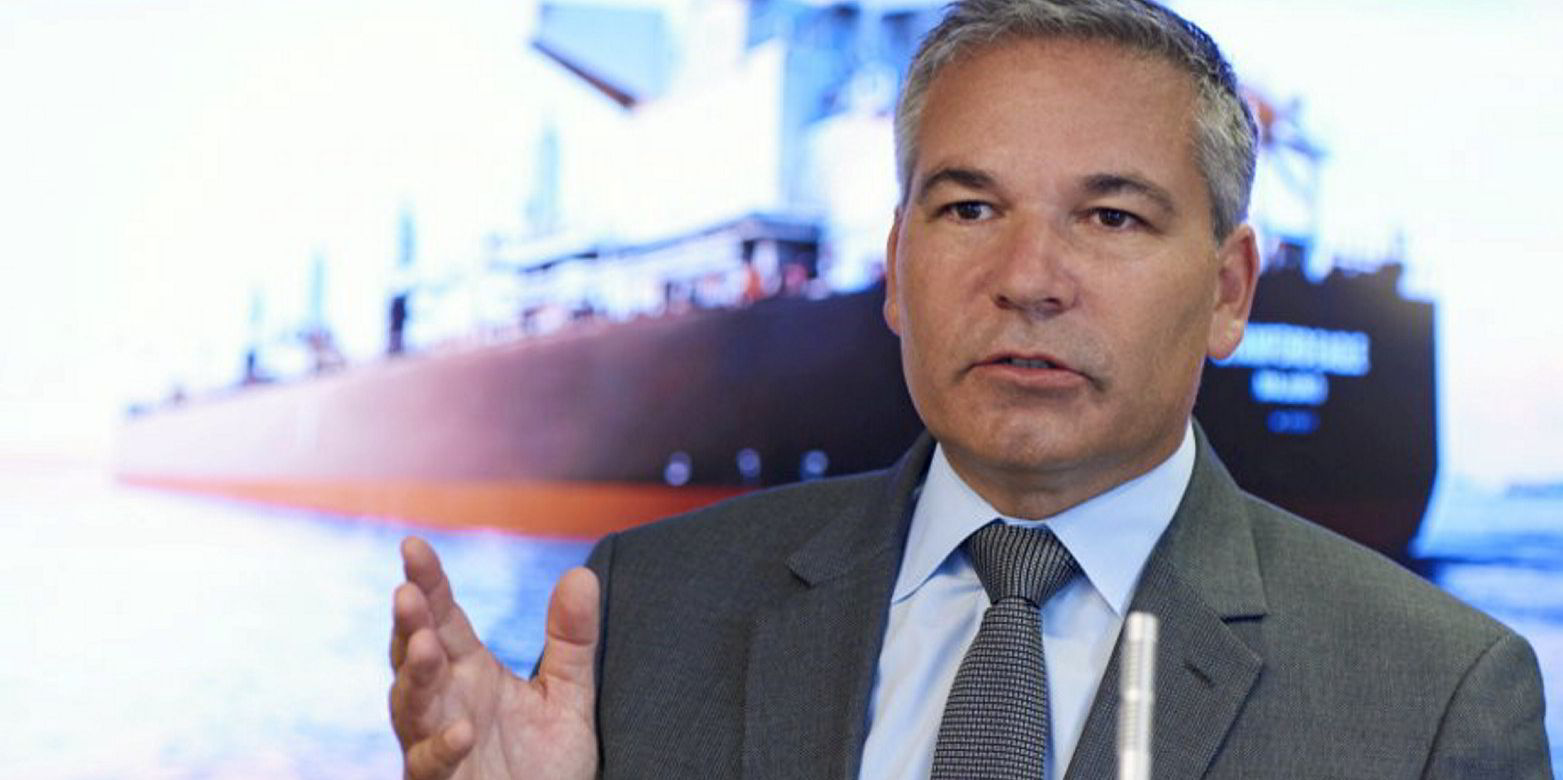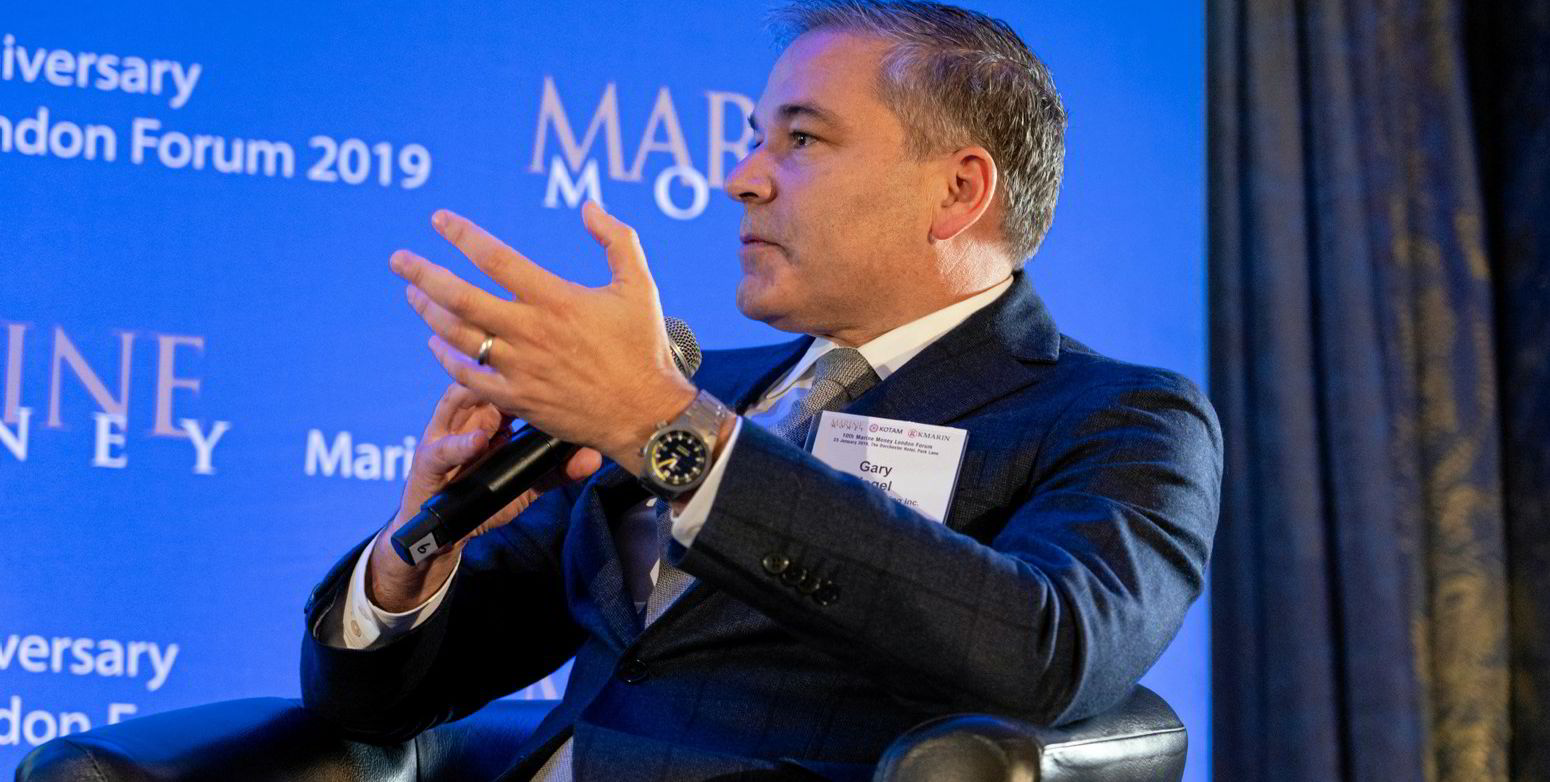With some way still to go in private equity’s exit from shipping investments, where will the future selling come, and is the divestment a good or a bad thing?
Public shipowners such as Eagle Bulk Shipping, Star Bulk Carriers, International Seaways/Diamond S Shipping and Torm still have high levels of shareholding from financial firms.
As to whether the so-called Prexit is a positive, most company executives are able to argue the issue either way.
At Connecticut-based Eagle Bulk, for example, top holders Oaktree Capital Management and GoldenTree Asset Management hold a combined stake close to 58%.
Oaktree this year has sold about 274,000 shares, but this trimmed its holding by just 7%, from roughly 32% to 30%.
Asked in a recent interview whether he expects a greater selldown, Eagle chief executive Gary Vogel pointed to the larger picture of dry bulk divestment. Large sales by funds have not hurt share prices, which keep rising on market strength, he noted.
“A more diverse shareholding base creates greater liquidity in the stock — that said, having strong, supportive shareholders has been very beneficial to Eagle,” he said.
Vogel points to Eagle’s acquisition last December of bulkers through an “overnight” equity issue, which was backstopped by its second-largest holder, GoldenTree.
The Prexit process is already on the way at another US-based dry bulk owner. Rhode Island-based Pangaea Logistics Solutions has seen 12-year financial backer Cartesian Capital Group of New York take its position down from 13.95m shares, or 30.6%, to 3.4m, or 7.5% since March.
“The stock price has languished partly because the company was pretty closely held. Now the biggest investor is largely out,” said chief executive Ed Coll during a recent Marine Money Week conference.
“The shares have gone into a number of hands and there’s a lot more liquidity in the stock. It’s a mix of family offices and a lot of knowledgeable people around the space, which is something I look forward to.”
Cartesian began divesting with Pangaea trading around $3.15 per share. Despite the large selldown, the niche-cargo specialist is now priced around $5.25 per share.







